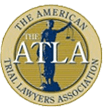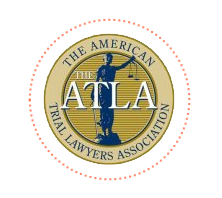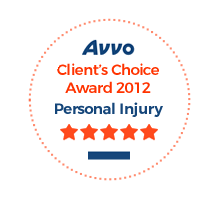Car Accidents: Number One Cause of Death in Teens
The American teenage dream begins on their 16th birthday. Finally! Freedom is in plain sight. Naturally, teens want to pack as many friends as possible into their back seat and drive into the sunset. Unfortunately, this is exactly what leads to 35% of all deaths of teens 15 - 20 years old, according to the Center for Disease Control (CDC). A reported 48% of teen deaths were due to “unintentional injury” and of that, 73% of unintentional injuries were car accidents.
Why?
In general, new drivers are nervous, unsure, or overconfident in their abilities. Here are a few bad driver habits that teens are guilty of, leading to an excessive amount of fatal car accidents.
Speeding
Unsurprisingly, new drivers love to go fast. Speeding factors in 52% of all teen car accidents. This is mostly due to unsafe tailgating. The faster you go, the longer it takes to slow down, so it is important to teach teens the “three second rule” when driving behind another car.
Drinking
Of all fatal teen car accidents, 25% are due to underage drinking and driving. Underage drinkers are seven times more likely to get in an alcohol related car accident than any other age group.
Seat Belt
Going along with the theme of feeling invincible, 55% of teens who died in a car accident were not wearing a seat belt. When a seat belt is worn, it reduces the risk of injury by 50%, yet new drivers and teens choose to go without. Texas, especially, is cracking down on such bad habits with their ongoing public service announcement, “Click it or ticket.”
Night Driving
During the hours after sunset, it becomes increasingly difficult to focus and see far distances. Between 9 p.m. and midnight, 58% of fatal teen car accidents occur. With the staggering statistic of new drivers (teenagers) being 10 times more likely to get in a car accident, it is better to stick with day driving until completely comfortable with driving.
These teen driving habits are slowly but surely being managed through more strict driving lessons and restrictions in the first few months of “freedom.”
The Graduated Driver’s License Program
Along with many other states, Texas has taken it upon themselves to ensure new drivers are as safe and knowledgeable as possible. Drivers under the age of 18 have a long list of extra laws that keep them safe and attentive on the road.
- A permit must be obtained for 6 months before receiving an official license. Many driving students choose to get their permit during their 15th year in order to get their license on their 16th birthday.
- Driving students must pass a written and behind-the-wheel driving course before receiving a driver’s license.
- No more than one non-family member is allowed in the car for the first six months of having a driver’s license.
- Per statewide curfew, drivers under 18 years old cannot be on the road from midnight to 5 am unless authorized for school, work or emergency situations.
Texas is taking the steps to correct the horrible fatal car accident statistics for teens. If you or someone you know has been critically injured in a car accident in East Texas and needs help, contact Colley & Colley law firm in Tyler, Texas for a free consultation. It is important to get the compensation you need and to keep your teens safe on and off the road.















